A Living Lab Story
Short (not really) intro into our work and our context for the participants of TLST 2022
(Part of the) Living Lab team
Based in Moscow, Voronezh, Kaliningrad, Ekaterinburg (Russia), Istanbul (Turkey), Utrecht (The Netherlands)
Living Lab is a young organisation focused on creating experimental spaces for collective learning around sustainability and leadership in the service of the living.
We embarked on this journey in 2020, at the beginning of the pandemic with Anastasia Laukkanen and Alyona Yuzefovich (both MSLS graduates) hosting sensemaking calls for some friends and then marketing executives from a partner organisation in Russia. Next step was bringing En-ROADS Climate Action Simulation Game created by MIT and Climate Interactive to the local public with the help of the third co-founder – Anna Sycheva. Engaging process where participants can play different stakeholder groups at the mock UN summit, simulate different policies at the science-based model and learn about the complex interconnections between the ecological, social, political and economic systems became one of our flagship projects.
Another signature project – a 3 month, 72-hour course “New ecology: systems thinking for sustainability” at the Moscow School for Social and Economic Sciences (or ‘Shaninka’ for short, as it was founded by prominent British sociologist of Soviet descent Teodor Shanin), one of the few independent humanitarian universities left in Russia. This course is our beloved child and our humble attempt to bring a broad set of frameworks and tools of systems thinking and complexity to Russia in the context of sustainability. The curriculum includes, but not limited to Cynefin framework, systems mapping, the Iceberg model, the Leverage points theory, Theory U, alternative economics and manifests. The calling question for the course (and for most part of our work actually) was inspired by one the MSLS guest lectures Göran Carlstedt, a former IKEA executive and now a leadership consultant:
What is the future you want to be part of creating?
The first course started a bit more than a year ago. We are currently running the third cohort. The chat for the course graduates "Living Lab Community of Practice" now has 57 members. We know at least one case of a business which started in this community and multiple cases of offline meetings and online calls on random occasions and in random parts of the world.
Some sensing
Let us offer two perspectives on where we are and what we do. Hopefully, this will help you get some insights into the Russian context that we have mostly been working with and the questions a systems thinker might be asking oneself in this part of the world.
However, in most big cities, apartment rent ads often include “only to slavic people”.
Russia is a multinational state and is home for over 193 ethnic groups nationwide, including indigenous communities and people from CIS countries. However, in most big cities, apartment rent ads often include “only to slavic people”.
The Soviet Union equalized the rights of men and women, nevertheless Russia is ranked 129th in the Gender Equality Index. For instance, there are no laws protecting women from home violence (it was decriminalized in 2017). The non-profits focusing on domestic violence prevention and help for the victims were one of the first ones to be proclaimed “foreign agents” during a massive oppression wave in 2021-2022.
Despite the climate changing faster than average on some part of territories of Russia, causing melting permafrost, forest fires, floods and temperature peaks, 2021 poll shows 26% of Russians don't believe in global warming.
The Constitution of the Russian Federation guarantees the equality of human and civil rights. It does not contain a direct mention of sexual orientation or gender identity. Unlike in the Soviet Union, same sex relationships are not criminalized in Russia. At the same time, a 2015 survey found that 86% of Russians said same-sex relationships should not be accepted by society. LGBTQ+ people are often a subject of discrimination or open violence. Extremely offensive homophobic signs can be seen in some ultra-conservative stores in big cities as part of their "provocative" PR campaigns. It receives mixed feeling from the audience. LGBTQ+ themes are often considered “Western values” (as opposed to Russian "traditional" values) and Europe is derogatory called “Gayrope” in such conversations.
The Soviet Union equalized the rights of men and women, nevertheless Russia is ranked 129th in the Gender Equality Index. For instance, there are no laws protecting women from home violence (it was decriminalized in 2017). The non-profits focusing on domestic violence prevention and help for the victims were one of the first ones to be proclaimed “foreign agents” during a massive oppression wave in 2021-2022.
Despite the climate changing faster than average on some part of territories of Russia, causing melting permafrost, forest fires, floods and temperature peaks, 2021 poll shows 26% of Russians don't believe in global warming.
The Constitution of the Russian Federation guarantees the equality of human and civil rights. It does not contain a direct mention of sexual orientation or gender identity. Unlike in the Soviet Union, same sex relationships are not criminalized in Russia. At the same time, a 2015 survey found that 86% of Russians said same-sex relationships should not be accepted by society. LGBTQ+ people are often a subject of discrimination or open violence. Extremely offensive homophobic signs can be seen in some ultra-conservative stores in big cities as part of their "provocative" PR campaigns. It receives mixed feeling from the audience. LGBTQ+ themes are often considered “Western values” (as opposed to Russian "traditional" values) and Europe is derogatory called “Gayrope” in such conversations.
Russia has a high level of economic inequality, starting from personal income (the super-rich 1% in Russia holds 43-56% of the country's money resources, one of the highest figures in the world) to regional level, Moscow being by far the richest region in the country able to spend a yearly budget of a middle-sized town for its winter decorations.
In the 2017 IKEA survey exploring customers’ attitude to sustainability at their key markets, Russia has shown the highest proportion of “Disempowered” respondents and lowest number of “Idealists” (other categories included “Supporters” and “Sceptics”) . 43% of people in Russia say they understand the severity of ecological and social problems, yet do not believe they hold any power to change the situation. Only 17% believe the possibility of a sustainable future is somewhat real. It's the worst proportion among all the countries in the sample.
Human Rights Watch points out a continuous negative dynamic concerning human rights in Russia. In 2021 video archive of hundreds of documented cases of tortures in the Russian prisons was leaked to public causing social media outrage but no mass protests or serious consequences for the actors or beneficiaries of the systemic violence against the incarcerated people.
Since the start of the war a new set of laws made expressing almost any kind of protest – physical or written – a criminal offence with a punishment of up to 15 years in prison. More than 15000 of Russians protesting against the war were detained since February, 24. Some – for holding blank sheets of paper and slogans “Fascism will not pass” (the latter was considered "discreditation" of the Russian military forces, while official Russian propaganda claims Ukraine “is ruled by fascists”).
Less than 5% of people in Russia speak English. 30% of people have a passport for international travel, but only around 20% have ever been abroad.
Since the start of the war a new set of laws made expressing almost any kind of protest – physical or written – a criminal offence with a punishment of up to 15 years in prison. More than 15000 of Russians protesting against the war were detained since February, 24. Some – for holding blank sheets of paper and slogans “Fascism will not pass” (the latter was considered "discreditation" of the Russian military forces, while official Russian propaganda claims Ukraine “is ruled by fascists”).
Less than 5% of people in Russia speak English. 30% of people have a passport for international travel, but only around 20% have ever been abroad.
– So tell me, what’s going on here?
It’s March 2021, and I’m showing my new colleague around. We are sitting in a fancy café in one of Russia’s leading business schools, founded in 2006 as a flagship of the new Russia – outward-looking, integrated into the global economy, yet taking pride in the legacy of Russian culture (the campus’s design was inspired by Malevich art).
He is an INSEAD business school professor, who left Russia 20 years ago and has rarely been in touch with the local context, but who’s now coming back and is about to lead the booming ESG and Sustainability academic track at the school. I’m juggling a sustainability director role here and my work at Living Lab, a new experimental organisation we have founded with Anastasia Laukkanen and Anna Sycheva just 6 months ago.
In response to his question I’m drawing something like this and explain:
In response to his question I’m drawing something like this and explain:
“
I would say the situation is pretty schizophrenic here. On the one hand we see a massive boom in interest towards ESG, sustainability, and climate action. Unprecedented, rapid, exponential. Catch-up dynamics my colleagues in Europe are envious of. On the other hand, what the Russian state is doing with human rights, political freedoms, media, NGOs – it’s the same pace, but reversed vector. And it’s getting really bad really fast. The system it cutting down its balancing feedback loops – one by one, and is leaving reinforcing loops. Like creating propaganda, then believing it themselves, then acting based on this worldview and creating even more propaganda, concealing any trace of reality.
There are two competing attractors in the system: foreign capital markets demanding more transparency and ESG-related action combined with domestic grassroots push from the customers and activists, on the one hand, and ageing political elite striving to hold on to power and conservative values no matter what, on the other.
It’s actually scissors, you see. Someone will sooner or later get into them and that’s going to be the turning point. For example, the government will tell a company to lay certain people off for political reasons and the foreign investors will start asking uncomfortable questions. And business will have to pick a side: continue being a global player or become part of the Northern Korea-style economy. There will be a clash, and it’s going to be soon…
There are two competing attractors in the system: foreign capital markets demanding more transparency and ESG-related action combined with domestic grassroots push from the customers and activists, on the one hand, and ageing political elite striving to hold on to power and conservative values no matter what, on the other.
It’s actually scissors, you see. Someone will sooner or later get into them and that’s going to be the turning point. For example, the government will tell a company to lay certain people off for political reasons and the foreign investors will start asking uncomfortable questions. And business will have to pick a side: continue being a global player or become part of the Northern Korea-style economy. There will be a clash, and it’s going to be soon…
Little did we know about the scale of the clash which would happen a year after that conversation. On February 24 I woke up at 7 a.m. when my partner called: “It has started. The war”. Part of the Living Lab team, along with hundreds of our friends from NGOs, media, academia, activism, startup and business community had to or chose to flee the country. Russian business leaders didn’t get to pick a side then – it turned out to be chosen long ago, and many of them in public and private conversations share that they feel powerless. The INSEAD professor is safely back to Europe and deleted any trace of working with Russia from his LinkedIn profile.
I have tried to do some sensing in different parts of my network since the war started. Surprisingly for me, I feel more aliveness, clarity and agency in conversations with grass-root activists from the Russian regions than with people holding some political and economic power in Russia.
I have tried to do some sensing in different parts of my network since the war started. Surprisingly for me, I feel more aliveness, clarity and agency in conversations with grass-root activists from the Russian regions than with people holding some political and economic power in Russia.
This is what I was observing in Russia throughout 2021 – March 2022:
- 5 Sustainability conferences in a single day, including the one hosted by Forbes (a year ago there were 5 in a season).
- My friend from the oldest human rights organisation started receiving requests for consulting from Russian industrial giants.
- I was geting 5-10 requests a week from my friends in middle management who want to shift their careers to sustainability and seek advice on best educational programs in Russia and abroad.
- My friend from the Russian IKEA launched world’s first furniture recycling project and facilitated a billion-ruble investment into local solar energy.
- All leading universities are launching sustainability programs. None of them speak the system thinking lingo though.
- Dozens of new jobs in sustainability every week – 8 years ago there were 15 sustainability managers in the country, and I knew them all.
- The national climate neutrality goal has been officially made a law after years of state-backed climate science denial.
- The ad campaign of the local mascara brand showing a vogue dancer who is being positively received in his girlfriend’s traditional family gets 6 million views and overwhelming positive response from the audience.
- Living Lab receives requests for running Climate Action Games from more and more companies and universities in Russia. The team is growing, we are hiring and training new facilitators. We dream of creating a fist full-time job of a Climate Game host and find is very funny and cool for the country, which is the forth emitter of greenhouse gases and still gets almost half of its national income selling gas, oil and coal. None of this could happen a year before.
- Climate activists (and any other street activists) keep being detained. Mostly for "violation of covid restrictions". Pressure on the civil rights movements increases: more arrests, more police violence, more human rights violations.
- We’ve run a Climate Game at the Ministry of Economic Development of Russia. The final action which helped the team to get to the game’s goal – limiting global warming by 2 degree Celsius increase by 2100 – was decreasing the economic growth (sic!). The author of the idea was the senior leader backed by the member of the Russian delegation to COP26. The discussion after the game included mentioning the GDP as an awful measurement of national well-being, concepts of circular and degrowth economy and the importance of being brave and keep telling the truth to people around Putin. This helped with the climate, it might help with other things, too. We walked out stunned.
- Massive pressure on the freedom of speech: the handful of independent media outlets left are being shut down by the government with accelerating pace. In 3 months there’s only state-owned or state-influenced media left to read.
- New legislation on “foreign agents” and “unwanted organisations”: NGOs and non-profits are receiving this labels on made-up grounds and their operations get suspended. From international human rights funds to super local non-profits protecting city parks.
A facebook post inviting to attend the court proceedings and support Sergey Zuev and Kristina Kryuchkova.
- The dean Sergey Zuev and the executive director Christina Kryuchkova of Shaninka university, the host for our course of systems thinking for sustainability, got arrested. It’s part of a big game by Putin-related publishing house aiming to monopolise the market of school textbooks. Professor Zuev is sick, the police takes him literally out of the hospital bed after a heart attack. Both are still in detention despite hundreds for the leading academics from all all over the world signing petitions and letters of support.
- My friend from the World Economic Forum Global Shapers organisation, the head of Russian Oxford Fund supporting Russian sociology researchers, is in tears: her work of several years got banned in Russia. My fellow professor from Shaninka, who worked together with the fund, experienced a police search of his apartment at 6 a.m. on Sunday. It’s September 2021. The next day he and his family leave Russia for good.
- I'm remembering our warm meeting with Sergey Zuev just couple of months before his arrest. He was very supportive, and we were discussing how we can further develop our course and link it with other programs in Shaninka. I'm starting to be worried for my own freedom and security.
- Fresh students of Shaninka still receive branded cotton bags with Teodor Shanin’s (Shaninka's founder) words: “Be fearless. No matter what”.
I’m doing some teaching at the business school. The Executive MBA class shocked me with an opinion shared at the check-in (the questions was “What social or ecologic challenge you hold dear to your heart?): “These ESG people like you, they force us hire homosexuals to our companies! They push these Western values onto Russia!” At the same time middle managers at the corporate programs for industrial companies throughout Russia are saying out loud: we can’t continue living like this, polluting like this, consuming like this, treating people like this. There must be another way, there can be a different future. We actually want to be part of creating a different future.
- “Memorial”, the country’s oldest non-profit, founded by famous soviet dissident Andrey Sakharov, which was focusing on the memory of the GULAG victims, is closed by the government for “violating human rights”.
- A lot of people coming to our educational programs share that they like this sustainability lingo, but what they really are looking for is a different way of being with themselves and others: more humane, more sustainable, more alive.
Our very own Anna Sycheva becomes a face of global community of En-Roads Climate Ambassadors
- We hosted more than 50 Climate Games in 18 months for all sorts of audiences: from students to board members, in Russia and beyond. There is a repetitive pattern we see in the Russian groups of participants: when the negotiation round starts there are 2 teams of stakeholders who almost never move and expect others to come to their table to negotiate – political leaders and traditional oil. We share some of our observations in Climate Interactive blog post. “Is Vladimir Putin in the waiting room?” - says the article. Participants can pick a persona for the game, and “Putin” emergers in our games quite often, especially when playing in large corporations.
- I’m asking Fyodor Ovchinnikov in October 2021 to be in conversation with me around the question: Why are we actually teaching all these systems practices and systems thinking tools? How can this all help when you have a massive brutal force in the system and sensing/mapping/listening/hosting/holding the space only works with someone ready to be in some sort of a dialogue? – “We can prepare the field” is the answer I found for myself in this conversation. We launched 2 more courses on systems thinking that month. By December we have around 70 people who've been at our programs, speak Russian and are somewhat ready to be in conversation around system change.
- We keep experimenting with different formats and ways of being alive while working on important issues. Anastasia took a course on Sustainable stand-up: how to stand up for things that matter (just look at her 5 min routine on feminism!), and organised one in Russia. Belina Ruffy, the author of the course, is ready to fly to Moscow from the UK and overcome all covid restrictions. The tickets are sold out in 4 days. The course was to start at the beginning of March 2022 and never happened – we decided to postpone it until... who knows.
This is us looking at the Bosphorus in the first weeks in Istanbul
- I chose and had a privilege to flee from Russia. I took my daughter, one suitcase and came to Istanbul with a one-way ticket within 24 hours after the war started.
- We've been hosting solidarity circles for our community of practice online and dinners for the local Istanbul Russian immigrants/refugees offline. Activists, journalists, software developers, university professors, entrepreneurs, managers, many of whom were passionately working to create a different future for Russia and who are devastated by the war. We've done some sensing work and the questions that are bubbling here apart from all the starting-life-from-scratch-logistics are ranging from "How can I live with all of what my country has done? With all the horrors being performed in my name? Where did I fail to prevent this?" to "How do I and should I continue talking to my parents who support war and to my Ukrainian relatives who are terrified and see me as an enemy now (and I don't blame them at all?" to "What's my part of responsibility and what can and should I do now and in the upcoming years to stop this war and never let it happen again?"
- What if this is the right time to ask again: What is the future we want to be part of creating?
The entrance hall in my Istanbul apartment during one of the dinners for the runaway russian community. The poster on the wall says "The home is where the heart is".
